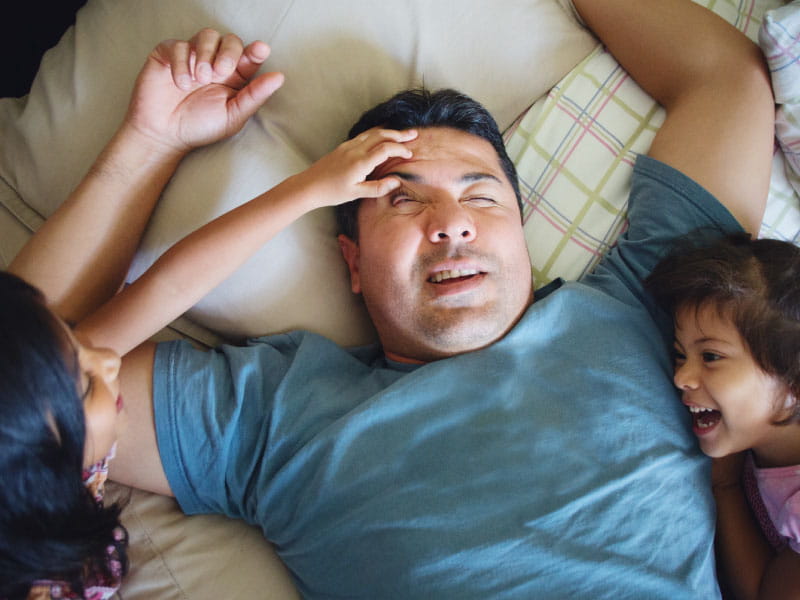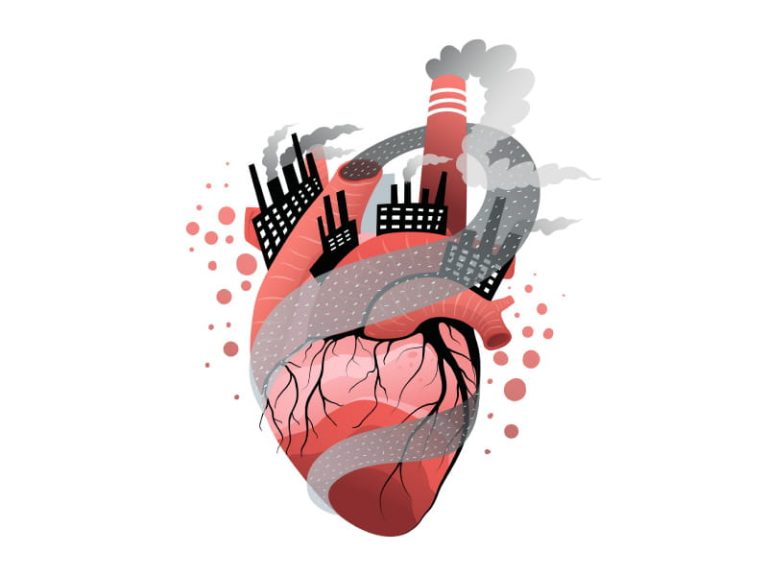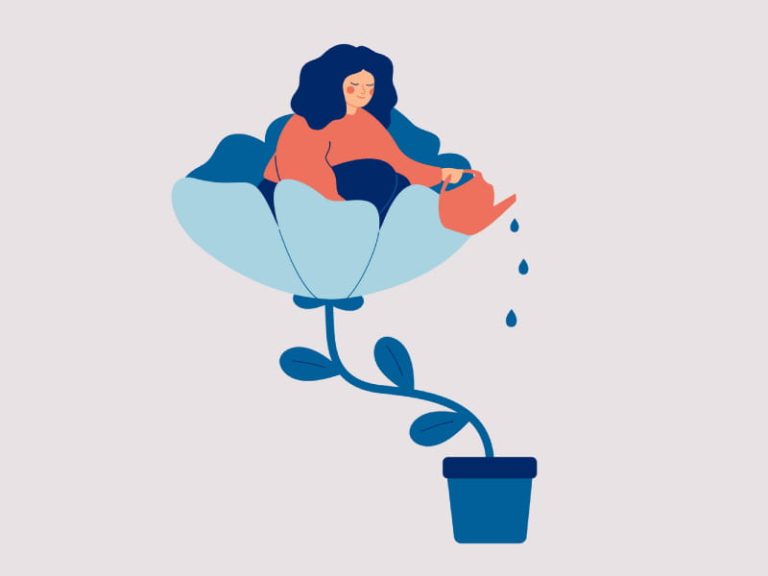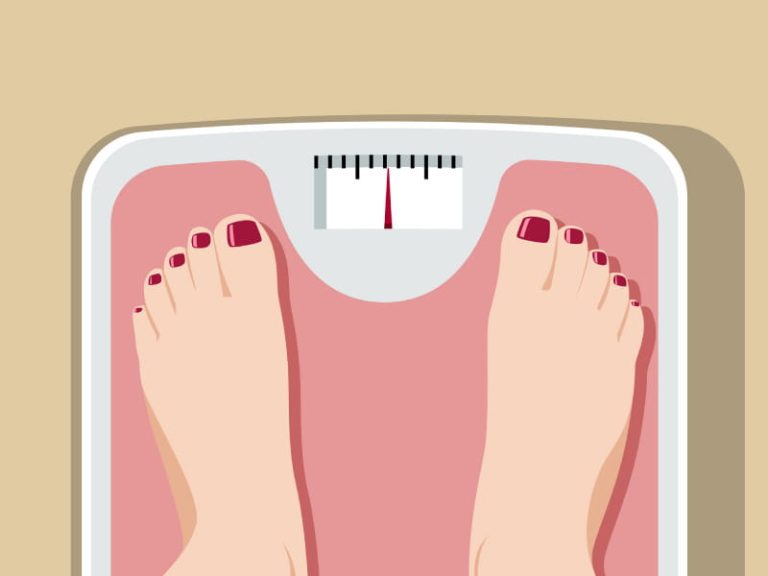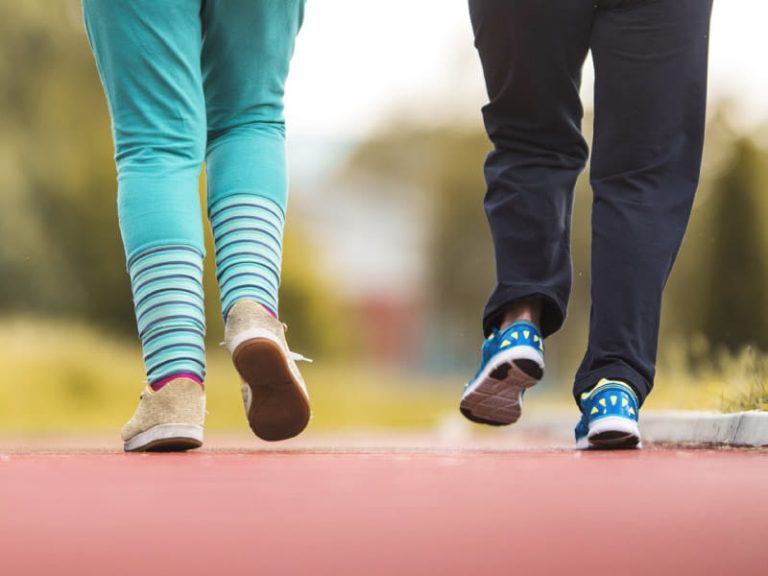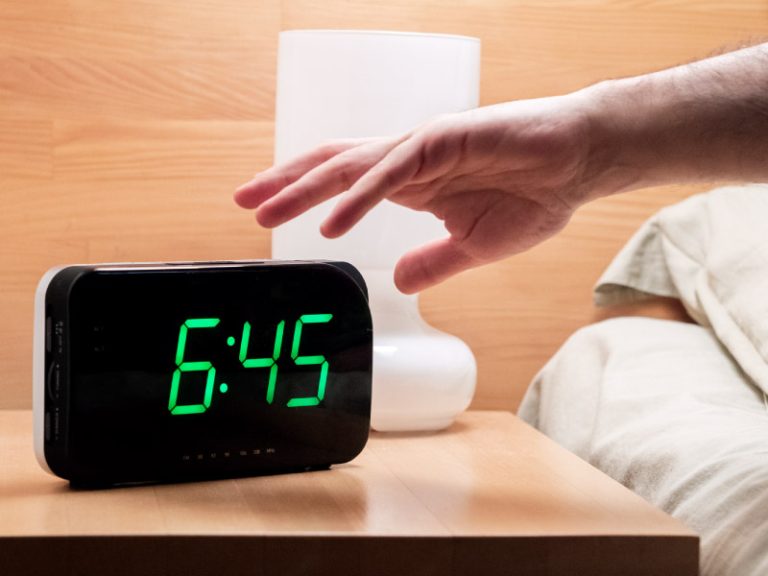How do people cope with extreme changes of daylight?
When you wrestle with the change to sunlight saving time, you would possibly really feel enlightened to study it isn’t simply in your head. It includes an interaction between the clock, sunshine and your physique at a mobile degree.
Planning forward to shift clocks ahead one hour, which occurs this yr on March 13, may ease the transition, say sleep consultants, who see the time change as a severe well being risk.
“All of us lose an hour of sleep now and again,” mentioned Dr. Beth Malow, director of the sleep division at Vanderbilt College Medical Heart in Nashville, Tennessee. However daylight saving time is greater than that.
For starters, “it isn’t simply that one hour,” Malow mentioned. It could actually result in extra.
Highschool college students, for instance, misplaced a median of 32 minutes of sleep on weeknights following the shift, for a web lack of 2 hours, 42 minutes that week, in response to a small 2015 research within the Journal of Medical Sleep Medication.
“Individuals are extra liable to having some sorts of cardiovascular occasions due to the change in time,” mentioned Girardin Jean-Louis, director of the Heart on Translational Sleep and Circadian Sciences on the College of Miami Miller Faculty of Medication in Florida. Analysis reveals the dangers of getting a coronary heart assault, stroke and episodes of an irregular heartbeat referred to as atrial fibrillation can enhance after the time change.
The shift to sunlight saving time differs from the jet lag that accompanies journey due to our biology, Malow mentioned.
A lot of our organs have inner clocks, she mentioned. A key sign for these physique clocks, or circadian rhythms, is mild. When you journey from Chicago to New York, you lose an hour, however a shift within the mild cycle accompanies the change. When it is time to spring ahead, you do not get that cue.
Youthful, more healthy folks might regulate extra shortly, Jean-Louis mentioned. However for older folks, or these with medical circumstances that have an effect on their sleep, “it is a a lot, a lot more durable activity to attempt to get again to schedule.”
Though some defend daylight saving time for financial and different causes, Jean-Louis and Malow, just like the American Academy of Sleep Medication, mentioned a hard and fast year-round time can be the healthiest method. However, as Jean-Louis mentioned, “that is not going to occur anytime quickly.”
So, they supplied this recommendation:
– Take sleep significantly. Most adults want a minimum of seven hours an evening, the Facilities for Illness Management and Prevention says. Older and youthful folks may have extra. But a 3rd of U.S. adults are sleep-deprived, CDC knowledge present. The shift to sunlight saving time can exacerbate that, Malow mentioned.
– Make a gradual shift. Most individuals do not regulate till the day of the change, Jean-Louis mentioned. However if you happen to begin a couple of days forward, shifting bedtime by 20 minutes a day, “it is simpler so that you can get accustomed to the brand new clock.”
– Do not sleep in on Sunday. It is tempting, Malow acknowledged. “However actually attempt to rise up at your regular time and get uncovered to mild, as a result of that vivid mild within the morning will provide help to get up, and it’ll additionally provide help to go to sleep simpler at night time.”
– See the sunshine. Jean-Louis additionally emphasizes mild publicity within the morning. “You possibly can get up one hour early and take a stroll going through east so that you’ve got publicity to the solar because it rises.” Once more, beginning a couple of days forward of time is essential, he mentioned.
– Espresso? OK, however watch out. Malow and Jean-Louis are espresso drinkers. And each say it is nice for protecting you alert within the morning. However solely drink it early within the day. “When you’re having espresso at about 3, 4 or 5 p.m., that is simply not good,” Jean-Louis mentioned, “as a result of it may well set off a cascade of dysregulated sleep cycles, which affect your potential to get a very good night time’s sleep.”
– Do not use alcohol that can assist you go to sleep earlier. “That may truly interrupt your sleep in the course of the night time,” Malow mentioned.
– Restrict screens. The blue mild from screens is “type of like being uncovered to daylight late at night time,” Malow mentioned. So restrict time taking a look at them, particularly at bedtime. “Attempt studying a guide or do one thing that does not contain that mild. When you completely must be in your laptop or cellphone, use settings that assist minimize down on the sunshine.”
– Assist the children. Dad and mom of young children know that point modifications could be tough. However a lot of the recommendation for adults additionally works for teenagers, Malow mentioned. “Attempt to get them to mattress a bit earlier the few days main as much as it,” she mentioned. And “take note of getting them out within the vivid mild as a lot as you may as soon as we make the change to allow them to acclimate.”
– Handle persistent issues. If somebody has a daily drawback falling or staying asleep, or if they’ve indicators of sleep apnea resembling loud night breathing or extreme sleepiness, “they actually ought to get it checked out” by a health care provider, Malow mentioned. Sleep is essential not just for feeling good, “however it may well make an amazing distinction on our well being, together with our coronary heart well being.”

